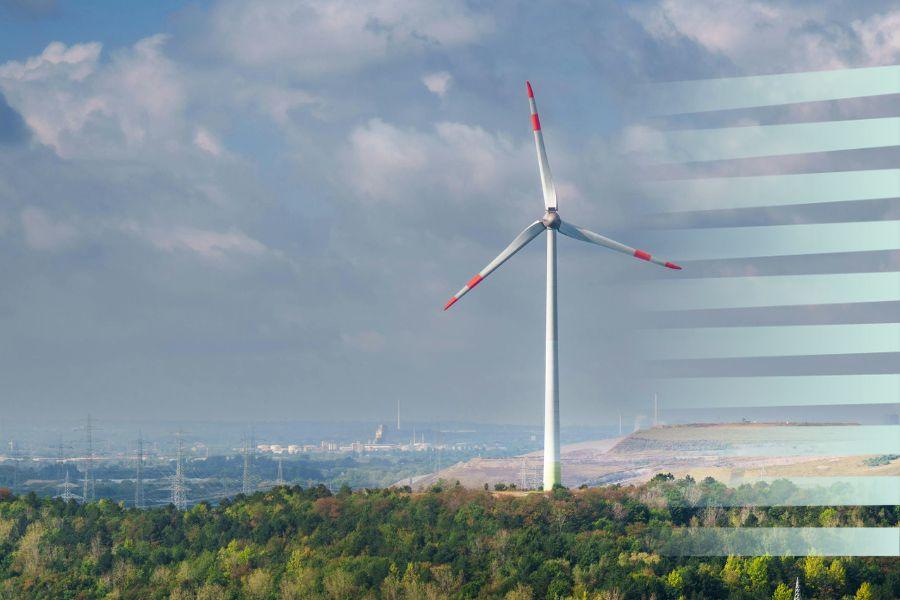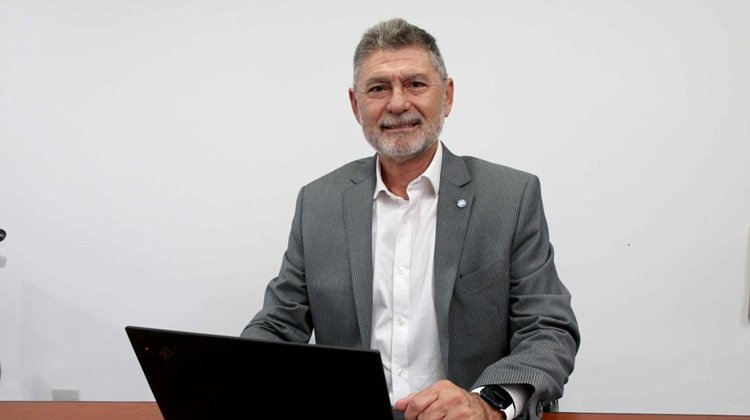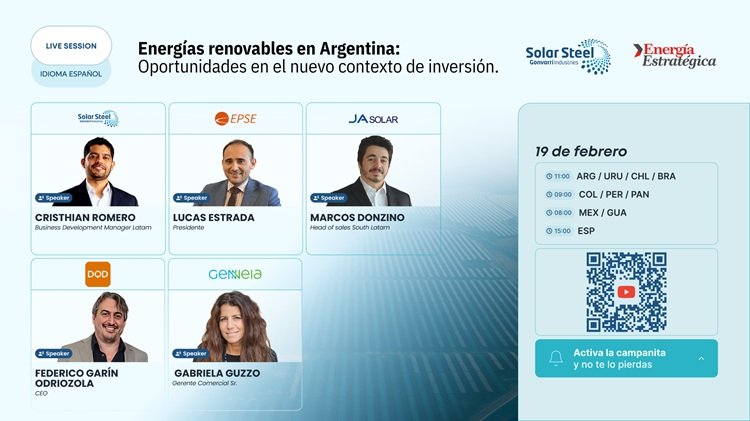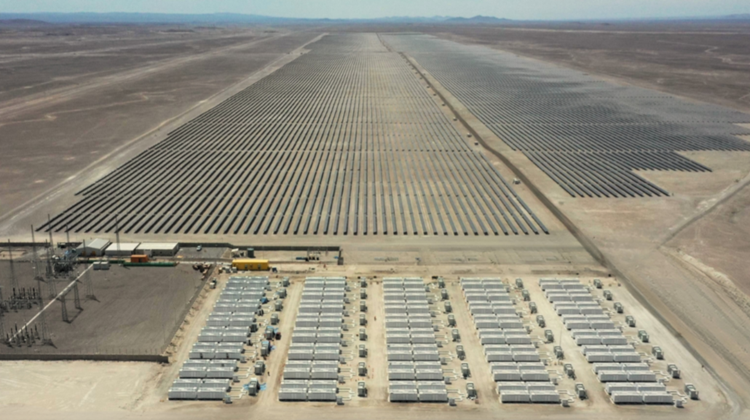The European Commission is doubling down on its efforts to lower energy prices and effectively bring quick relief to industrial and household consumers.
Energy prices in Europe remain too high compared to our competitors, with a risk of hindering the competitiveness of major industrial players and our economy overall, as well as the quality of life of our citizens.
Therefore, building on the Affordable Energy Action Plan (COM/2025/79) put forward at the very beginning of the mandate, the Commission is now setting out 7 specific actions to be implemented in close cooperation with the Member States to urgently bring energy prices down.
Commissioner for Energy and Housing Dan Jørgensen said: ‘We have taken action to lower energy prices from day one, most notably with the Affordable Energy Action Plan, that starts showing its effects on the ground. However, prices remain too high compared to our main competitors. Our citizens and our businesses, notably energy-intensive industries, need quick relief. It is our shared responsibility, together with Member States, to step up the game and deliver concrete solutions fast.’
7 key actions to bring down energy prices
The Commission urges the Member States to make full use of the enhanced State aid framework (CISAF). The revised framework opens avenues to support energy-intensive industries by bringing price relief and backing for their decarbonisation. The Commission will provide further guidance and assistance to the Member States before the end of the year on how to design national schemes.
The Commission also urges Member States to maximise the use of the EU Cohesion Funds under the new framework for mid term review to invest in national grids and storage capacity. Member States can present revised programmes before the end of the year. The Commission will provide support to the Member States in designing tailor-made solutions to invest the unused funds.
Member States should also encourage industrial players to engage with key financial actors, such as the European Investment Bank and national promotional banks, on financial opportunities and de-risking mechanisms that can benefit the industry, notably Power Purchase Agreements. As a key example, the Commission and the EIB have recently launched a €500 million pilot programme to support the take-up of more corporate power purchase agreements (PPAs).
Permitting remains too slow and hampers the development of renewables, storage and grids. The Commission encourages the Member States to quickly implement and cater for the opportunities provided by the revised Renewable Energy Directive to accelerate the transition towards cleaner and more affordable energy. It will also propose new measures to accelerate and streamline permitting as part of the Grids package planned for adoption before the end of this year.
Furthermore, cross-border interconnections and domestic grids are key to make sure everyone gets power at the best possible cost. Member States must step up efforts now to improve interconnections with their neighbours. To support them in this endeavour, the Commission will shortly come forward with new measures under the Grids Package and present the Energy Highways initiative announced by President von der Leyen in her State of the Union 2025 to address 8 key bottlenecks across our Energy Union.
The EU needs to exploit the full weight of its single market to get the best possible supply deals. Further diversifying our gas supplies by working with reliable and trusted partners such as the U.S., Norway and Qatar, among others, remains essential. This is why the Commission, together with the interested Member States, will launch a gas demand collection exercise for companies in South-East Europe to ensure competitively priced and diversified gas supplies.
Finally, another key factor keeping energy prices high in Europe relates to taxation, especially for electricity. Taxes can represent up to a third of the energy bill. Reducing them can make a real, immediate difference, notably for energy-intensive industries and vulnerable consumers. The Commission will shortly issue recommendations and come forward with additional assistance on lowering energy bill taxation.
These actions build on practices that have proved efficient in recent years. The Commission has and will continue to provide all the support it can to the Member States in tackling this crucial challenge.



























